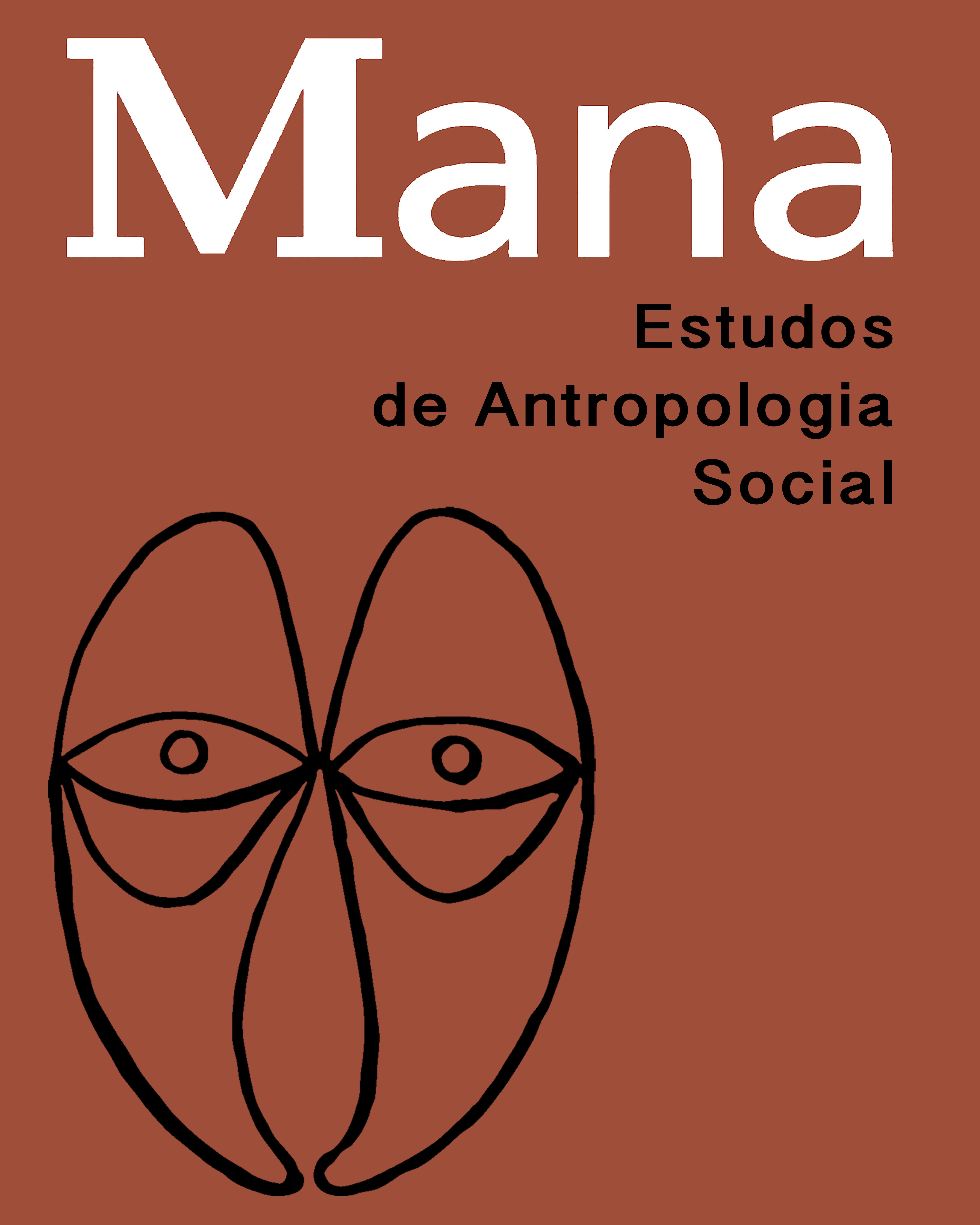Based on ethnographic fragments from linguistic research among the Taurepáng, Macuxi, Wapichana and Kuikuro, conducted in distinct times, regions and situations, this article analyzes the conflict occurring between orality and writing when the ‘orthographization’ of an indigenous language transforms and crystallizes sounds and speech on sheets of paper. This is an open arena where different representations and agents of writing emerge, interact and clash: missionaries, researchers, agents of the state, indigenous teachers, indigenous preachers, the indigenous community itself and so on. Here I approach writing more as a metaphor or emblem than a simple technology of correspondences between codes. The article provides, then, an interpretation of the meaning of writing that may help us to understand, among other things, the reasons behind the successes and failures of ‘bilingual education,’ literacy projects and the introduction of schooling. The Indians also observe, often with considerable perplexity, the ‘wars’ or ‘dances’ of the letters, where ‘orthographization’ consecrates whatever it includes and condemns what it excludes - the vital organs of a language.
Ethnology; Writing; Indigenous Education; Linguistic Policies; Indigenous Languages


